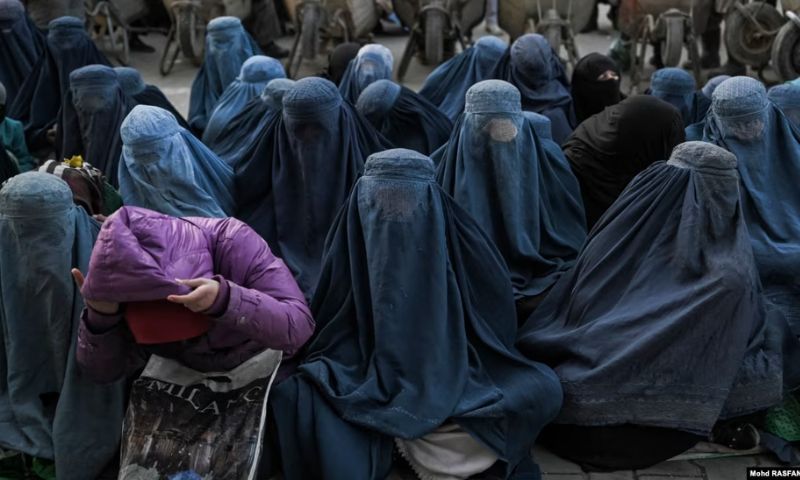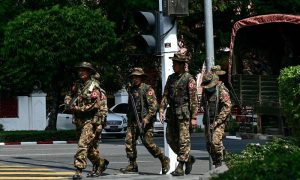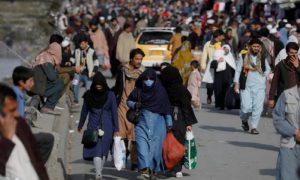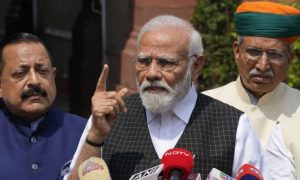UNITED NATIONS: Human Rights Watch (HRW) has strongly criticized the severe limitations placed on the rights of women in Afghanistan since the rise of the Islamic Emirate.
The report highlights the denial of access to education, employment opportunities, and social engagement for Afghan females, outlining a concerning trend that has emerged over the past two years.
Since assuming power, Taliban authorities have systematically curtailed women and girls’ fundamental rights, depriving them of education, work, movement, and the ability to assemble. Furthermore, the Taliban’s tightening grip on media outlets and information accessibility has led to increased detentions of journalists and critics. This suppression of essential freedoms has raised significant concerns within the international community.
Prominent figures, including Fazl Hadi Wazin, a university lecturer, have called for immediate action to rectify this dire situation. Wazin stressed the urgency of reopening schools and universities to girls, emphasizing the importance of education in shaping a brighter future for Afghan women.
The current situation has understandably caused distress among female students who have endured extended periods of disrupted education. For the past three years, these young women have faced obstacles, including the pandemic-related closures and now the restrictions imposed by the Islamic Emirate. Voices like Shakeba’s and Farahnaz’s underscore the yearning for educational opportunities, urging Taliban leaders to reconsider and allow them to pursue their studies without impediments.
Gordon Brown, former Prime Minister of the United Kingdom, has gone so far as to label the treatment of women and girls under Taliban rule a potential “crime against humanity.” In an interview with the BBC, Brown denounced the severe restrictions imposed on Afghan women and girls’ freedom since the Taliban regained power in 2021.
However, these concerns are juxtaposed against the Islamic Emirate’s stance of non-interference from other nations in Afghanistan’s internal affairs. The Taliban has explicitly requested the international community to abstain from intervening in the country’s governance. This appeal underscores the complexity of the situation and the diplomatic challenges faced by those seeking to support women’s rights while respecting Afghanistan’s sovereignty.























